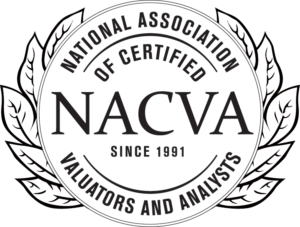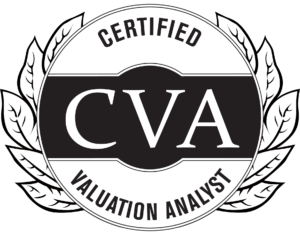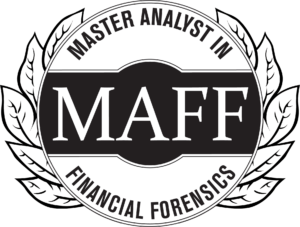 Fraud Awareness Tip of the Week
Fraud Awareness Tip of the Week
Corruption fraud schemes account for 33% of all workplace fraud and the average fraud loss due to organizations is $200,000. Industries such as construction, manufacturing, financial and professional services are more susceptible to this type of fraud and far exceed these statistics.
Most corruption fraud schemes occur outside the accounting system and leave little to no paper trail. This type of fraud arises out of relationships between people, therefore in order to detect it, management must often be aware of the personal relationships between employees and outside parties.
There are five types of Corruption Schemes:
- Conflict of Interest – Employee has an economic or personal interest in a transaction.
- Bribery – Offering, giving, receiving anything of value to influence the outcome of a business transaction.
- Illegal Gratuties – Similar to bribery except that something of value after a transaction is completed, rather than influence it.
- Kickback – A vendor give part of an over billing to a person who helped facilitate or allow the transaction.
- Economic Extortion – Demanding a sum of money (or goods) with a threat of harm (physical or business) if demands are not met.
Some Red Flags
- Employees acceptance of inappropriate gifts, travel or entertainment
- Indications that an employee is living beyond their means
- Sudden unexplained wealth
- An employee who makes accelerated payments to a particular vendor
- An employee who insists on using a certain vendor
- Employee who makes excuses for deficiencies in vendor’s services
- A bidder or supplier is not listed on the Internet or in business or telephone directories
- A contractor or supplier’s address is a residence or a non-business location
- A vendor provides a wide variety of disparate goods and services at high prices
Prevention Tips – Create An Awareness With Your Employees
- Incorporate a Code of Conduct and Conflict of Interest policy. Have the employees review the policy annually and sign off on it
- Implement a hotline program so your employees, customers and vendors have a confidential source to report concerns or suspicions of fraud
- Conduct fraud training with your employees and openly discuss current fraud topics involving corruption schemes with employees to maintain a heightened level of awareness
- Use “Right to Audit” clauses in contracts. This allows companies the ability to audit the vendors financials specific to that contract
- Conduct an annual survey with vendors. Click Vendor Questionnaire for a sample survey
- Talk with your employees and get to know the types of relationships they have with vendors or contractors
- Make sure proper and complete documentation is provided by vendors before paying an invoice
- Periodically review and audit the documents being sent in for payment
- Make fraud prevention part of your organizational culture. Send out periodic communication about fraud prevention strategies via email or post topics in the break room.
Share this article with your employees during Fraud Awareness Week. Communication and auditing are key to preventing and detecting fraud!





